A guest post by Dr. Melissa Welby.
I make parenting mistakes daily. Maybe I forget to do something I said I was going to do, not have enough patience to adeptly navigate parenting challenges, or waste my time mindlessly scrolling social media instead of focusing on more productive areas. I will never be perfect, despite doing my best.
I could agonize about my shortcomings and focus on my regrets because the truth is sometimes my best isn’t good enough. Instead, I try to apologize when I fall short, learn from my mistakes…and then forgive myself. I have never seen self-loathing improve the situation.
Forgiving yourself for parenting mistakes.
As a psychiatrist, patients regularly discuss with me things that don’t make them feel good; childhoods that left them feeling broken and shame they carry around for various reasons big and small. A source of significant shame for parents is the belief that they didn’t succeed in meeting their children’s needs. It is difficult to forgive themselves for parenting mistakes.
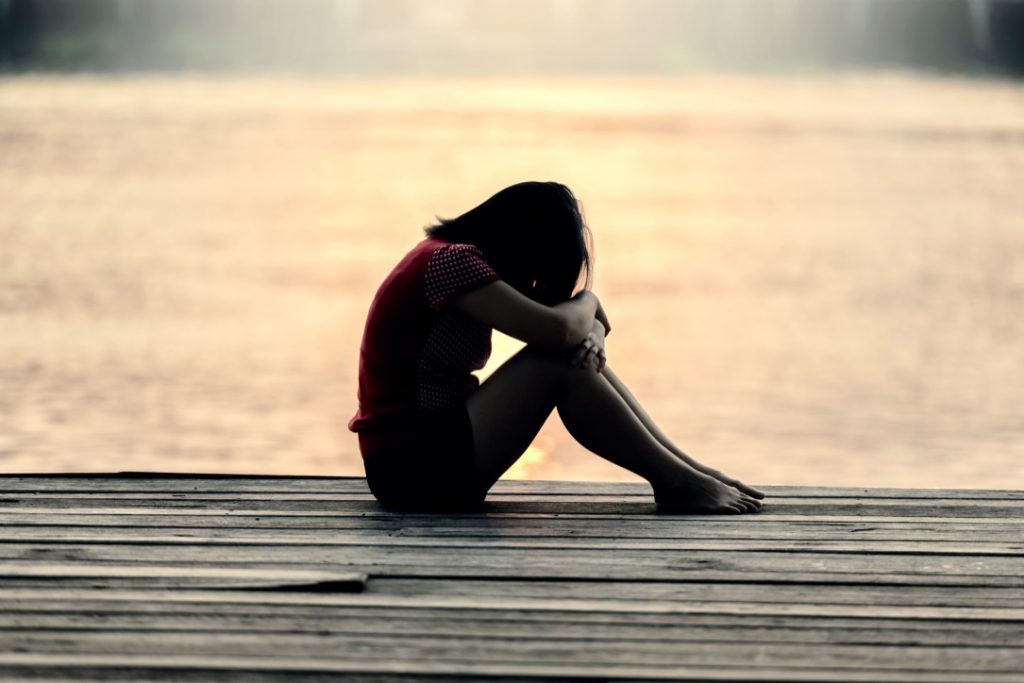
Recently, one of my patients was telling me about the struggles her adult child was having. In the telling of the story the tears began to flow; although she felt great sadness for what her child was going through, the tears were more about her regrets as a parent. She felt like she didn’t provide what her child needed to prevent this and felt shame that if she had been different, if she had been a better parent, this could have been avoided.
Our training to be a parent comes from our own childhoods with our parents being the role models…this can be a mix of good or bad depending on the skills taught. People raised in families struggling with active mental illness, addiction, neglect, or general dysfunction are often not taught healthy coping strategies and emotion regulation. This can lead to issues with self-esteem, self-love, and dysfunctional relationships until the cycle gets broken.
Our parents may not have taught us.
Without self-work and healing, a person may not know how to stick up for themselves or their children in a relationship. They may not be aware of how to handle conflict in a healthy way, how to contain strong emotions, and create a holding environment for their children. They were never taught this.
Oftentimes, the conversations around shame turn to discussions about forgiveness. If a person is not raised to know coping strategies how could they suddenly teach others self-soothing and healthy management of emotions? Of course they make parenting mistakes. Is there comfort in knowing they did their best? Can self-forgiveness allow healing?
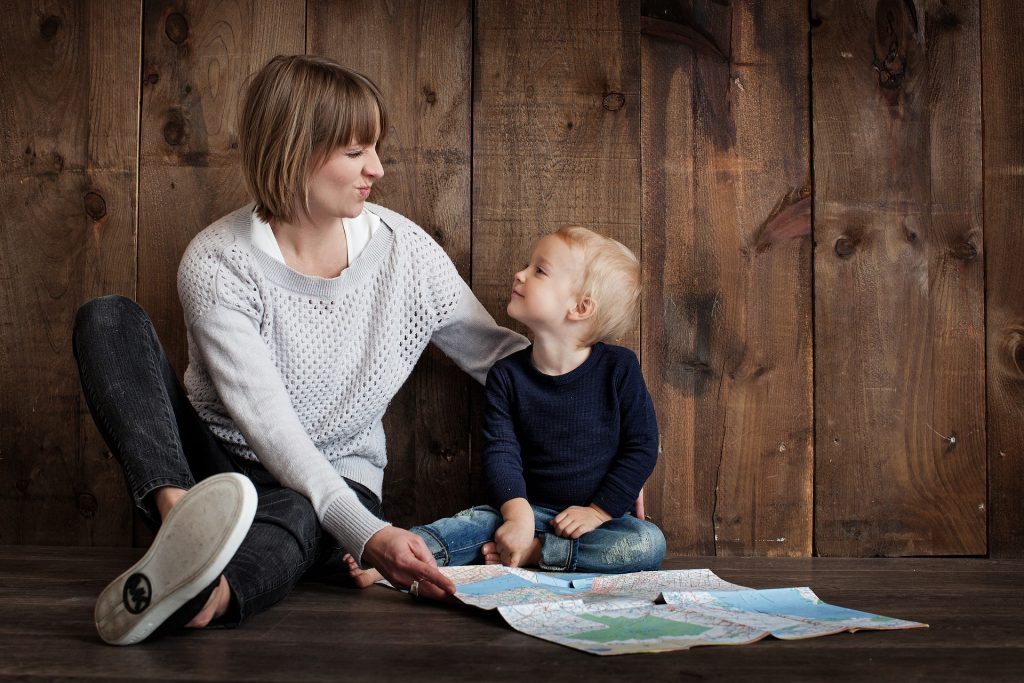
Can self-forgiveness allow healing?
We all have regrets in life. None of us will ever be perfect. Once we forgive ourselves it becomes easier to take responsibility, openly discuss what happened, and make apologies if necessary. Reducing shame opens us up to the possibility of healing and recovery.
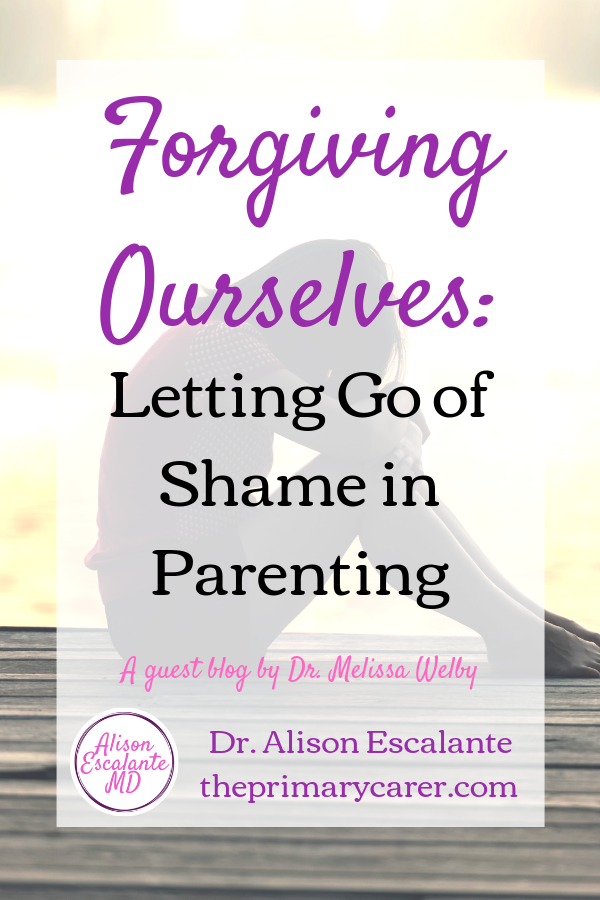
I encourage people to reach out to each other and ask for help when needed. I can’t imagine any parent exists that thinks they “did it all right”. Shame is a poison that damages the ability to live a full and enjoyable life. If needed, find a therapist to discuss and process these feelings so they can be let go.
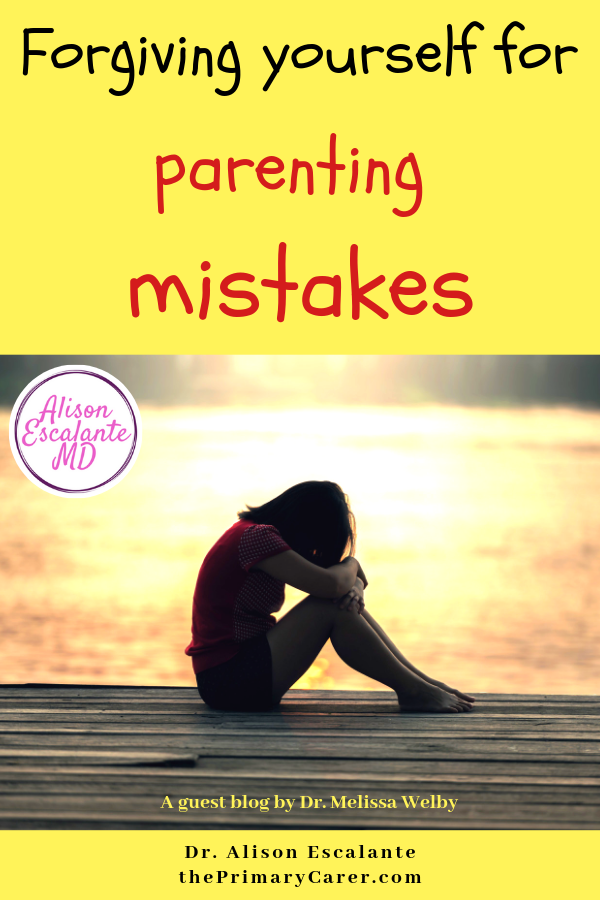
Let’s forgive ourselves for the things we don’t know and the mistakes we make instead of continuing to carry baggage that only weighs us down and doesn’t serve to better anyone. As long as we continue to do our best and evolve as we learn from our mistakes we, and our children, will benefit.
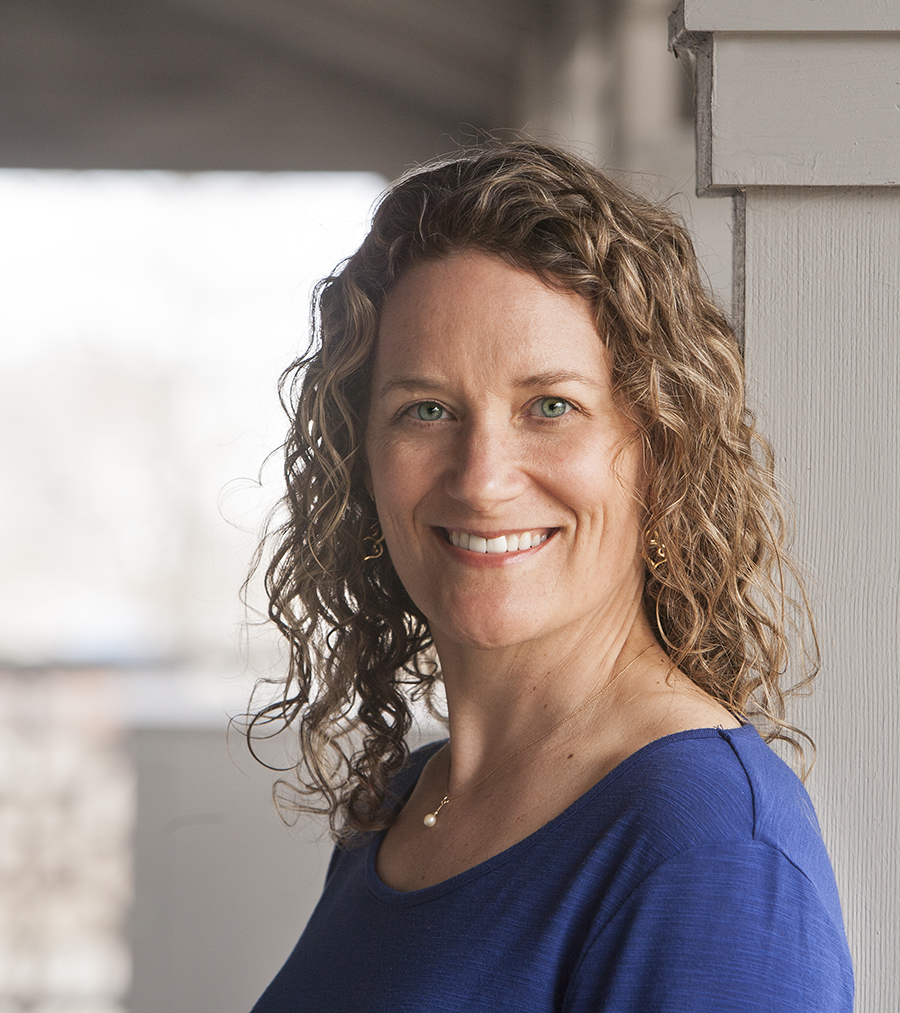
Thank you to Dr. Melissa Welby for this beautiful guest post. She is a Psychiatrist in private practice, a leader advocating for her patients and her profession, and a healthcare writer sharing evidence-based mental health education meant to empower the public to take charge of their health. She publishes a weekly blog here.
If you want to know more about Should-Free parenting join us on Facebook where we have a really fun group of parents. Or explore this site for more blogs, or my blog for Psychology Today.
©Alison Escalante MD
Disclaimer: This article represents general education and does not constitute medical advice. My ideas are mine alone.
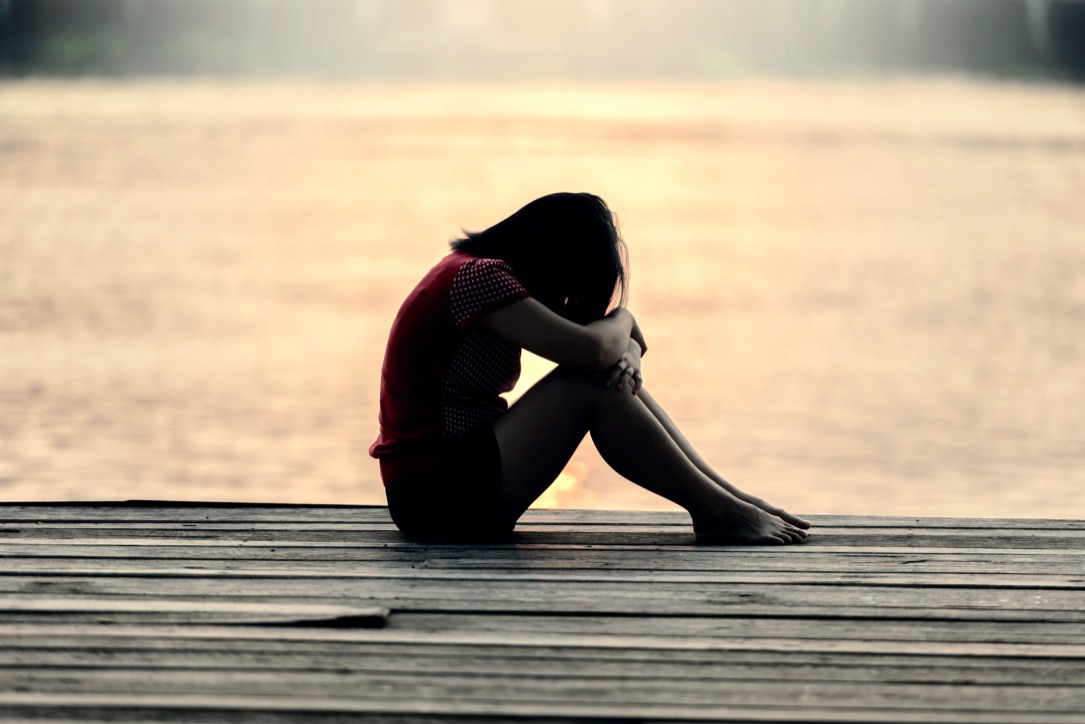

Thank-you. This helped.